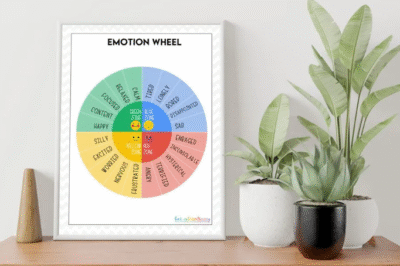In our fast-paced world, distractions are everywhere. From smartphones to busy schedules, it is easy to feel scattered and lose focus. Meditation is a simple yet powerful practice that can help anyone improve concentration and mental clarity. It does not require special equipment or hours of training, and even short, daily sessions can make a noticeable difference.
One of the simplest meditation techniques is mindful breathing. This involves paying attention to your breath as it moves in and out. You can start by finding a comfortable place to sit, closing your eyes, and taking deep, slow breaths. Inhale through your nose, hold for a moment, and exhale slowly. By focusing on your breathing, your mind naturally begins to settle, reducing mental chatter and helping you stay present. Practicing mindful breathing for just a few minutes each day can improve your ability to concentrate on tasks and remain calm under pressure.
Another effective technique is guided meditation. Many apps and online resources offer short, easy-to-follow guided sessions. These usually range from five to fifteen minutes and provide verbal instructions to help you focus and relax. Guided meditation is particularly helpful for beginners because it provides structure and keeps the mind engaged. Even if you only have a few minutes, following a guided session can train your brain to develop better focus over time.
Body scan meditation is another method that can enhance awareness and concentration. In this practice, you slowly focus your attention on different parts of your body, starting from your head and moving down to your toes. Notice any sensations, tension, or areas of relaxation without judgment. This technique helps you connect with your body and brings your attention to the present moment. Regular practice of body scans can reduce stress and increase overall mindfulness, which naturally improves focus.
Meditation can also be applied to everyday activities. Single-task practice involves giving your full attention to one activity at a time. For example, while eating, focus on the taste, texture, and aroma of your food. When washing dishes, notice the warmth of the water and the sound of each movement. This approach teaches your mind to concentrate fully on what you are doing rather than constantly switching attention between multiple tasks. Over time, practicing mindfulness in daily activities strengthens your overall ability to focus.
Consistency is essential when it comes to meditation. Short, daily sessions are more effective than occasional long sessions. Starting with five to ten minutes each day can gradually build your concentration skills and make meditation a natural part of your routine. Pairing your practice with a regular activity, such as after waking up or before going to bed, can help establish a lasting habit.
The benefits of meditation extend beyond improved focus. Regular practice can bring a sense of calm, clarity, and balance to your daily life. You may find it easier to handle stress, make decisions, and maintain mental energy throughout the day. Meditation is not about perfection or achieving a specific outcome; it is about training your mind to be present, attentive, and patient with yourself.
In conclusion, meditation and focus techniques are accessible tools that anyone can use to enhance mental clarity and concentration. Mindful breathing, guided meditation, body scans, and single-task practice all provide ways to cultivate focus and calmness. By practicing consistently, even for just a few minutes a day, you can experience the benefits of improved attention, reduced stress, and greater overall well-being. Starting small and remaining patient with yourself is the key to making meditation a sustainable and rewarding part of your life.


